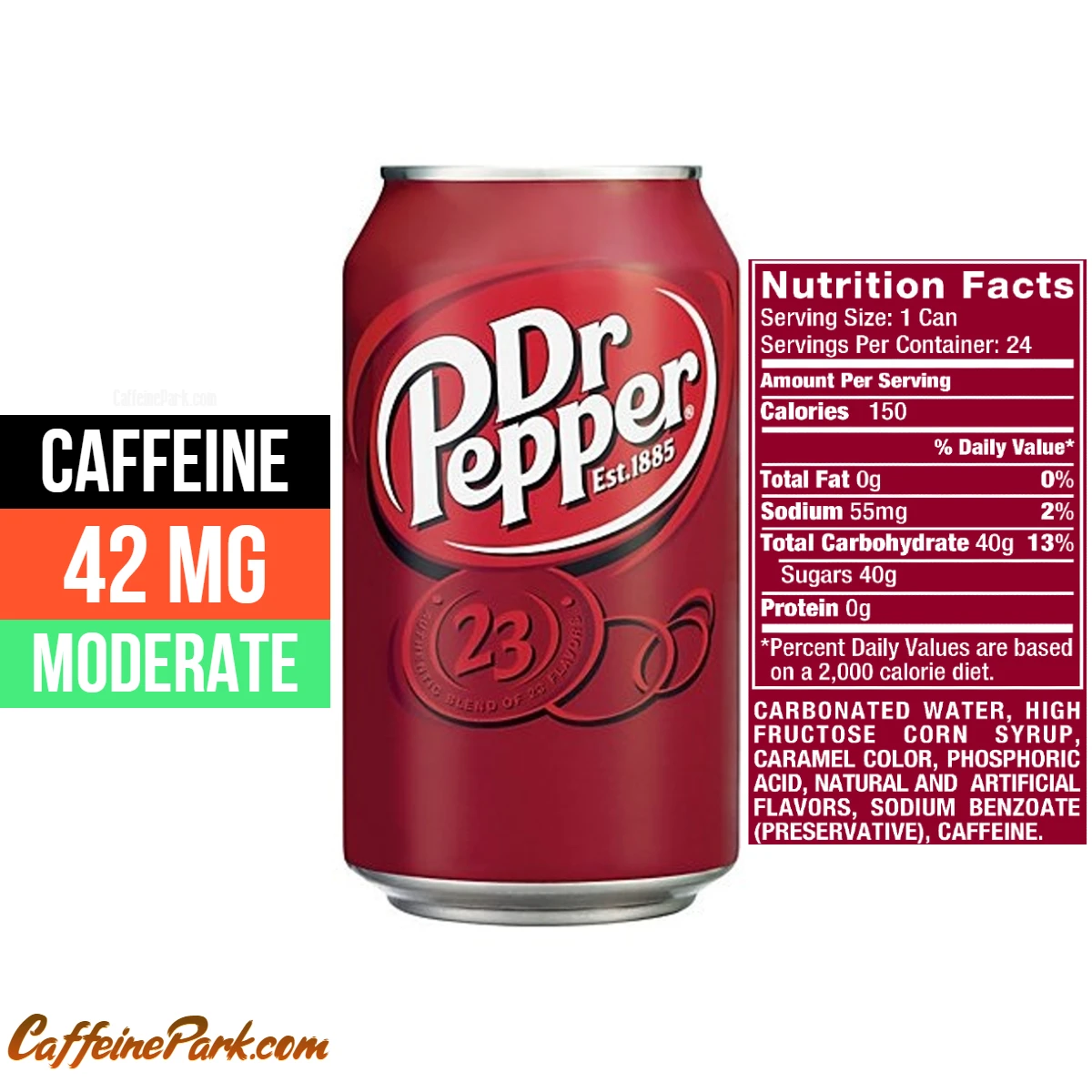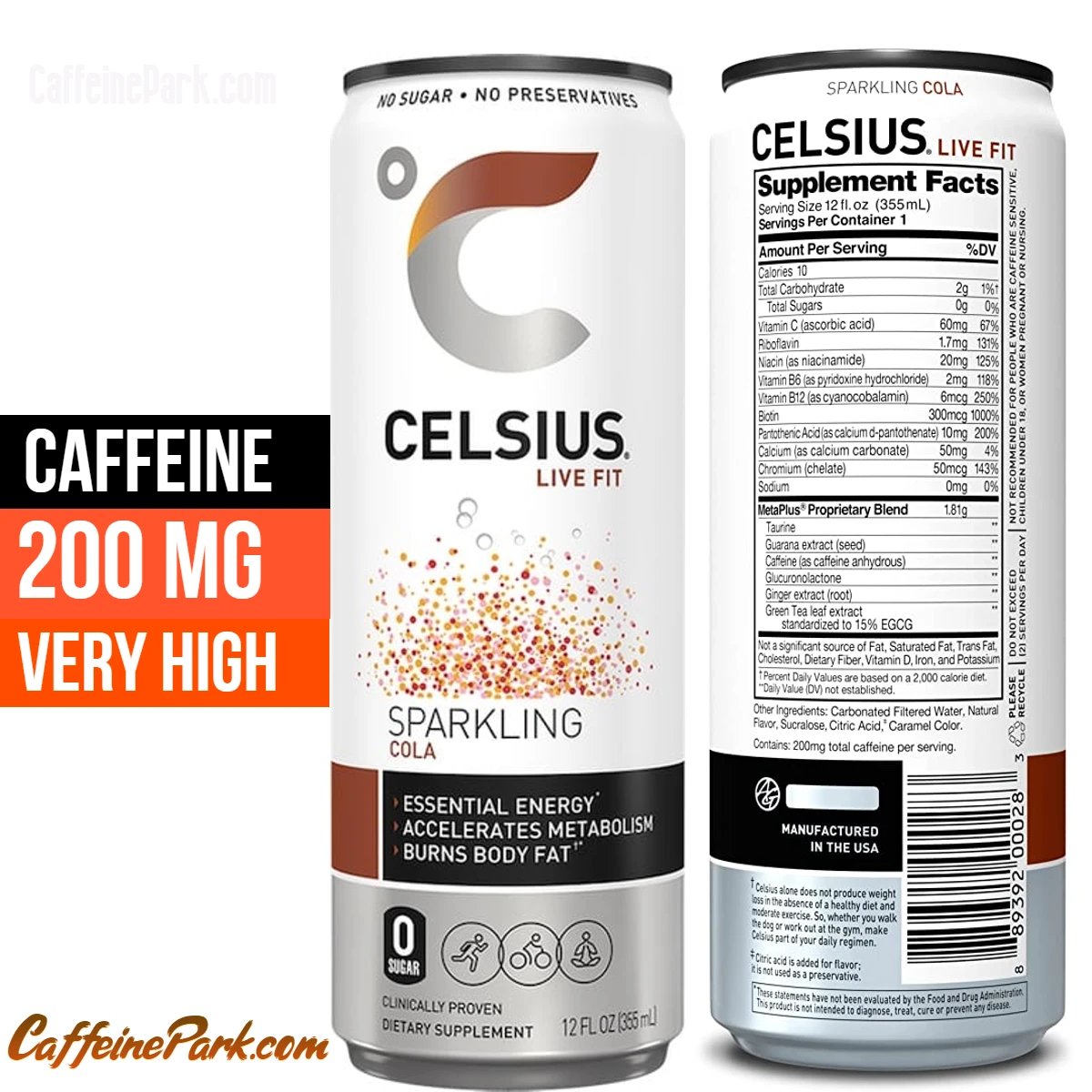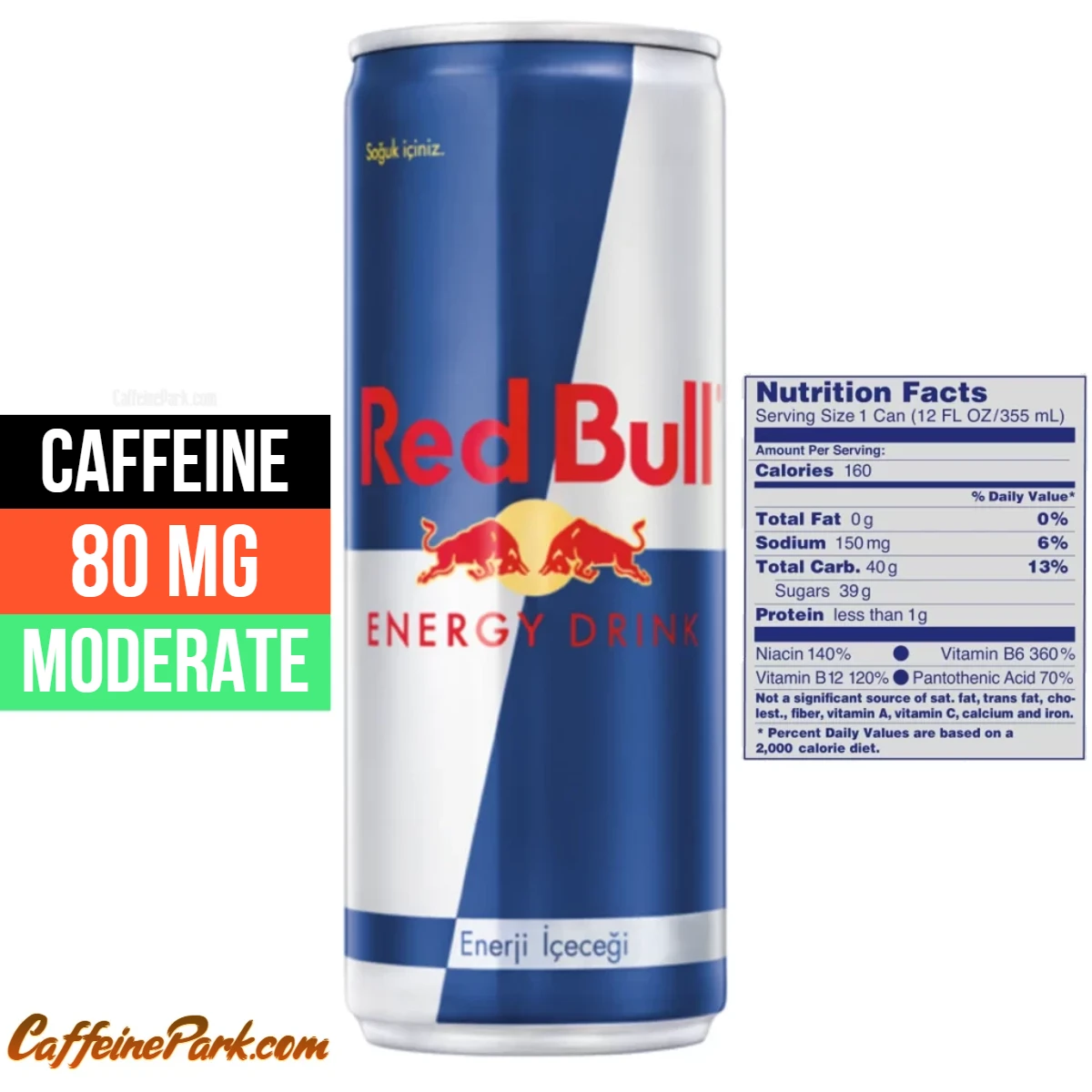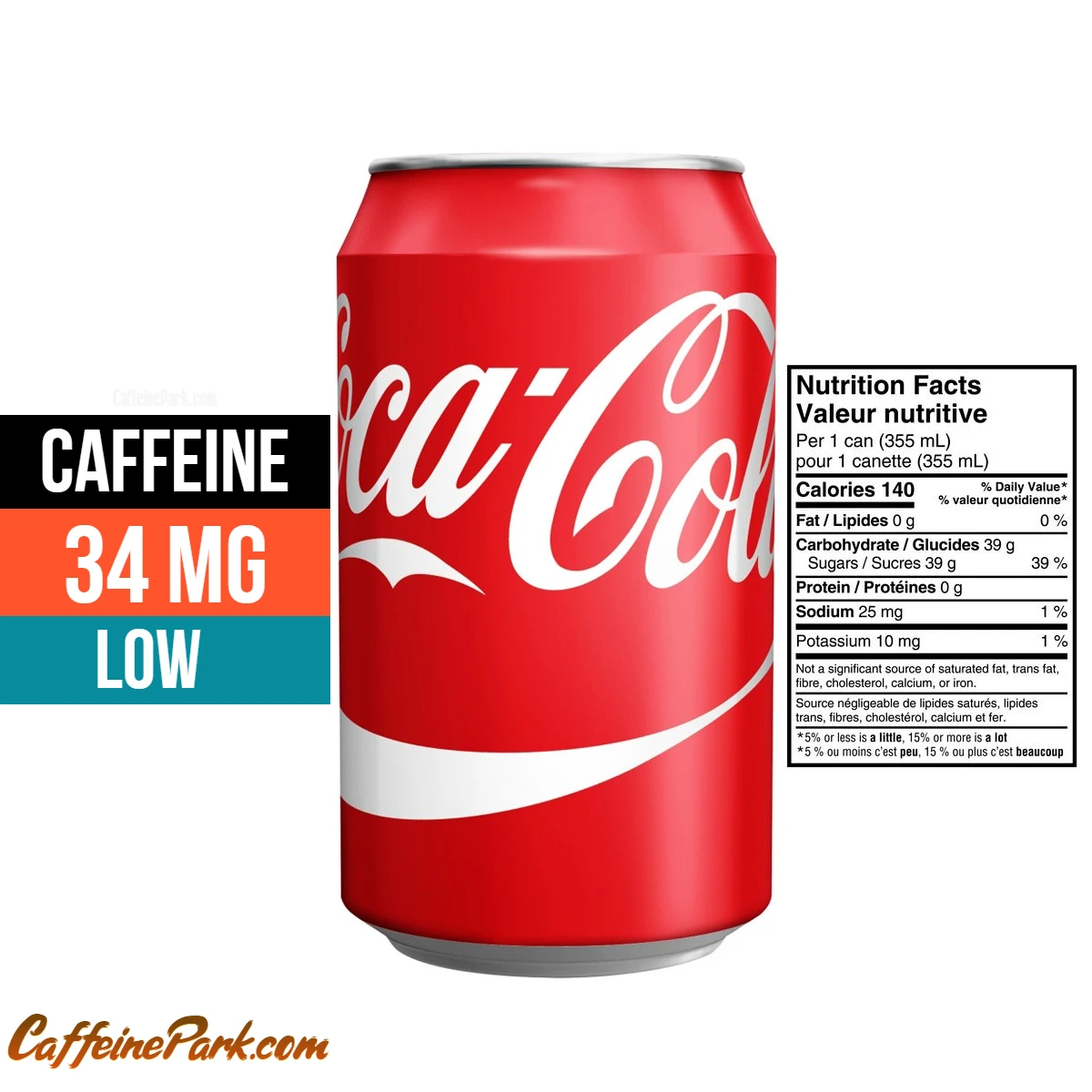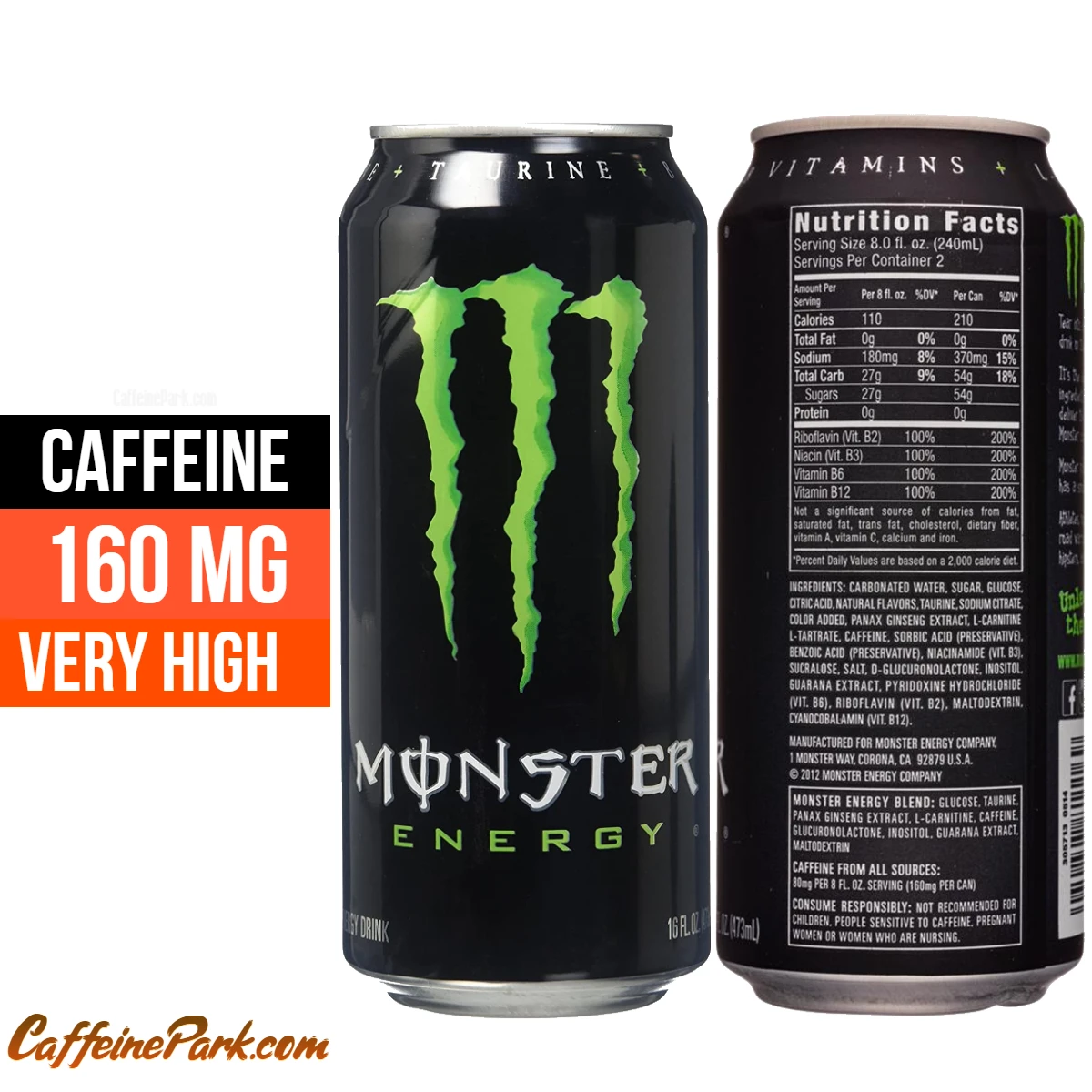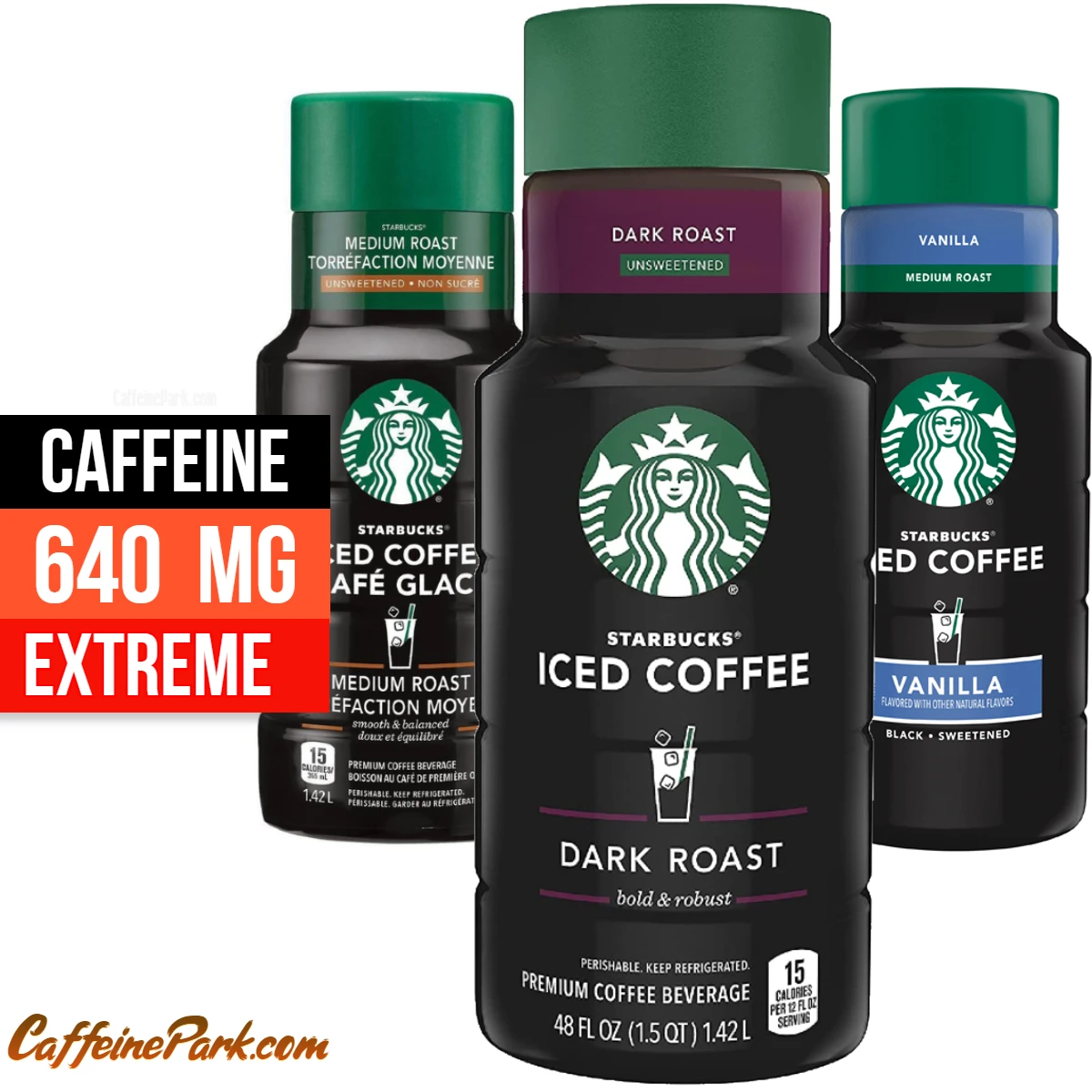Herbal Tea Caffeine Content
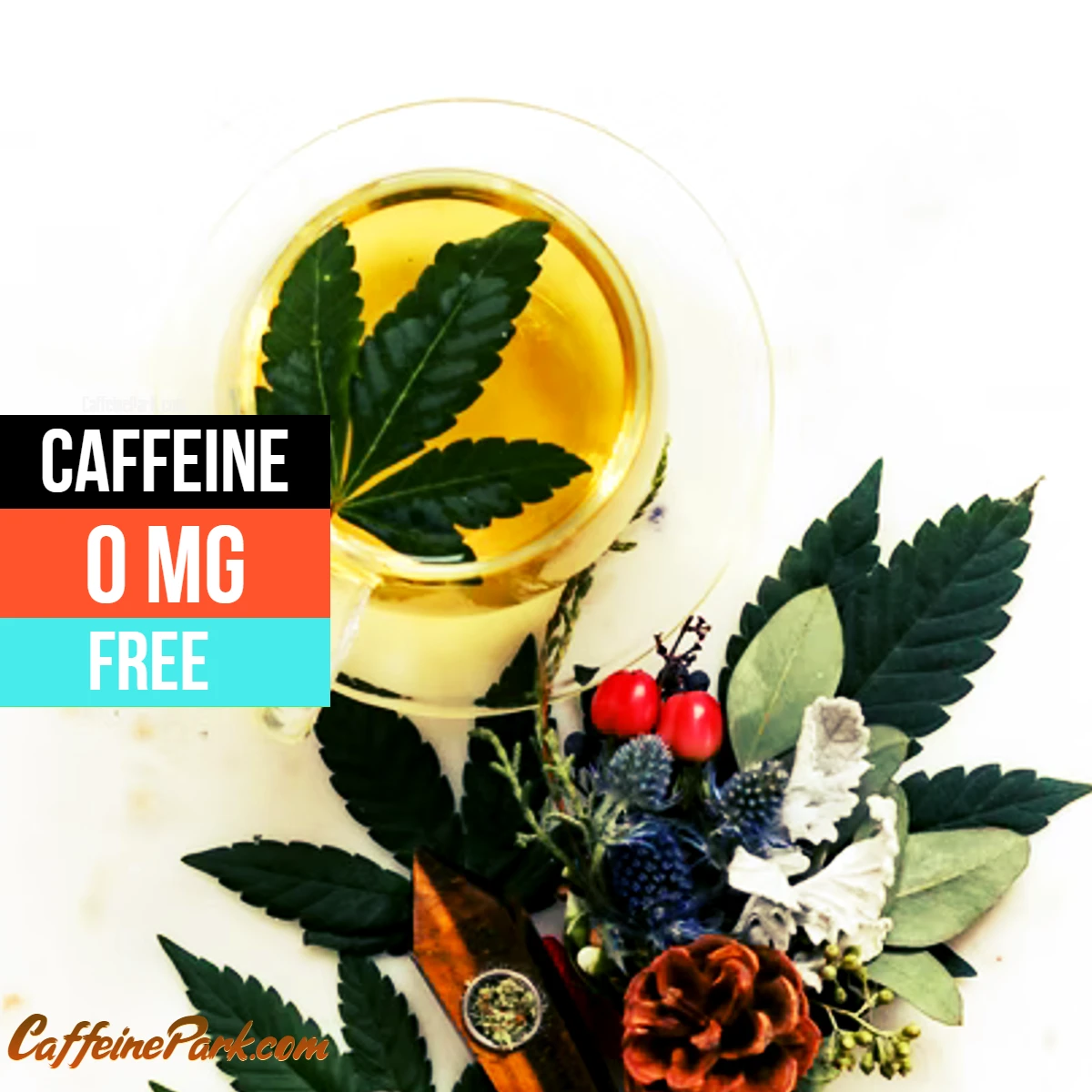
Herbal tea is a popular beverage consumed worldwide for its refreshing taste, aroma, and health benefits. Unlike traditional tea, which is made from the Camellia sinensis plant, herbal teas are made from a blend of various plant materials, including leaves, stems, flowers, and fruits from different plants.
One of the primary reasons for the popularity of herbal tea is its caffeine-free nature, which makes it a great alternative for those who are sensitive to caffeine or looking to avoid it for other health reasons. However, it’s important to note that not all herbal teas are completely caffeine-free. Some teas may contain trace amounts of caffeine, and this is typically due to contamination from the production process.
A study conducted by the Journal of Food Sciences in 2005 tested various herbal teas and found that while some teas had trace amounts of caffeine (less than .4 mg) in a 2 gram serving, others were completely caffeine-free. These findings indicate that while herbal teas are generally considered caffeine-free, some variations may contain small amounts of caffeine.
Herbal teas come in a wide range of flavors, aromas, and health benefits. Some popular herbal tea varieties include chamomile, peppermint, ginger, lemon balm, echinacea, and hibiscus. These teas are known for their soothing properties, which can help reduce stress and anxiety, promote relaxation, and improve sleep.
In conclusion, herbal tea is a great option for those who want to enjoy a hot beverage without caffeine. While some variations may contain trace amounts of caffeine, most herbal teas are completely caffeine-free and provide a range of health benefits.
Does Herbal Tea have caffeine?
No, herbal teas that are 100% caffeine-free). Some Herbal Teas may contain trace amounts of caffeine, and this is typically due to contamination from the production process.
| Serving size | Caffeine Amount | Caffeine strength |
|---|---|---|
| Herbal Tea | 0 mg | CAFFEINE FREE |
| some flavors | 2 mg | VERY LOW |
How much Caffeine is in Herbal Tea?
- Caffeine Amount: 0 mg
- Caffeine strength: CAFFEINE FREE
- Calories: 0
- Serving size: 8 fl oz cup
Almost all herbal teas are caffeine-free
Herbal tea doesn’t contain any caffeine or other stimulants. Popular examples include chamomile, ginger root, peppermint, rose petals, spearmint, and yerba mate. Examples of popular herbal teas that are 100% caffeine-free include:
- Chamomile
- Mint (including peppermint and spearmint)
- Lemon balm
- Rose
- Lavender
- Valerian
- Ginger
- Rooibos
- Rosehip
- Cinnamon
- Lemongrass
- Licorice
- Aniseed
- Turmeric
- Hibiscus
- Jasmine (not jasmine green tea)
- Nettle
- Dandelion
- Guava
- Thyme
- Rosemary
- Chrysanthemum tea
Ingredients in Herbal Tea
Herbs such as ginseng, chamomile, rosemary, or sage may be used in tea. Some herbs, including ginger, lemon balm, and catnip, are stimulants. Others, such as nettle, peppermint, or fennel, help calm those who drink them down.
- Various Plant Materials Including Leaves
- Stems
- Flowers From Plants
Caffeine in Herbal Tea Variety
Herbal tea doesn’t contain any caffeine. Camellia sinensis contains caffeine, but herbal teas are not made out of them.
| Herbal Tea Variety | Caffeine Amount |
|---|---|
| Orange & Spice (Bigelow) | 2mg |
| Chamomile (Safeway) | 0 |
| Wild Raspberry (Stash) | Trace amount |
| Chamomile (Stash) | 0 |
| Evening Delight Tea (Safeway) | 4mg |
| Peppermint (Stash) | 0 |
| Peppermint Tea (Safeway) | 0 |
Compare caffeine in Herbal Tea
| Items | Serving Size | Caffeine |
|---|---|---|
| Herbal Tea | 8 fl oz | 0mg |
| Green Tea | 8 fl oz | 20-50mg |
| Black Tea | 8 fl oz | 42mg |
| PG Tips Black Tea | 6.78 fl oz | 50mg |
| Black Tea | 8 fl oz | 42mg |
| K Cup Tea | 8 fl oz | 41mg |
| Lipton Tea | 8 fl oz | 55mg |
| Fast Lane Black Tea | 8 fl oz | 110mg |
| Matcha Tea | 8 fl oz | 64mg |
| Teavana Tea | 8 fl oz | 41mg |
| Zest Highly Caffeinated Tea | 8 fl oz | 150mg |
| Guayusa Tea | 8 fl oz | 41mg |
FAQs
Herbal tea is a hot beverage made from the infusion of various plant materials, including leaves, stems, flowers, and fruits from different plants, other than the Camellia sinensis plant.
In general, herbal tea is caffeine-free. However, some herbal teas may contain trace amounts of caffeine due to contamination from the production process.
Most herbal teas are caffeine-free, but some may contain trace amounts of caffeine. A study conducted by the Journal of Food Sciences found that some herbal teas had less than .4 mg of caffeine in a 2 gram serving.
Herbal teas come in a wide range of flavors, aromas, and health benefits. Some popular herbal teas are known for their soothing properties and can help reduce stress and anxiety, promote relaxation, and improve sleep.
Some popular herbal tea varieties include chamomile, peppermint, ginger, lemon balm, echinacea, and hibiscus.
Traditional tea is made from the leaves of the Camellia sinensis plant, while herbal tea is made from a blend of various plant materials other than the Camellia sinensis plant. Additionally, traditional tea contains caffeine, while most herbal teas are caffeine-free.
Read More:
